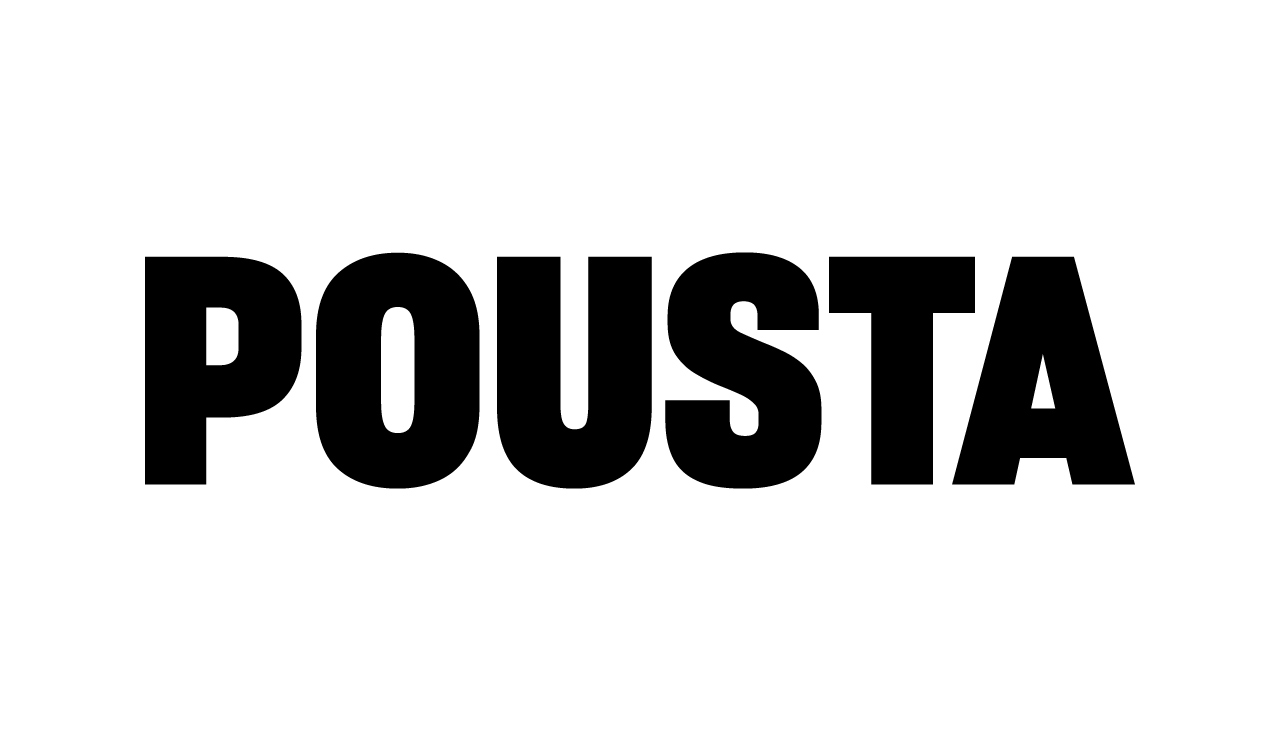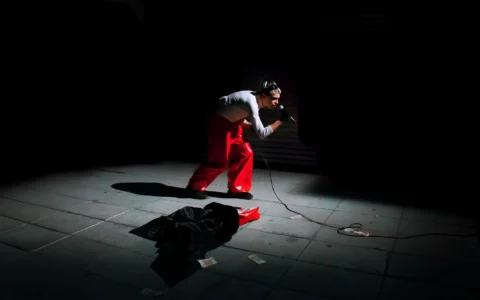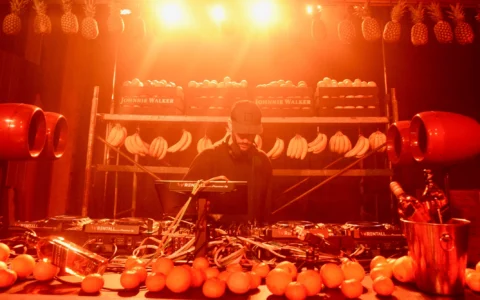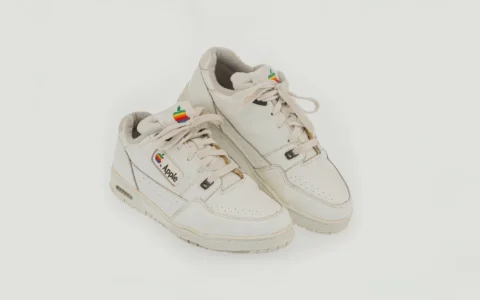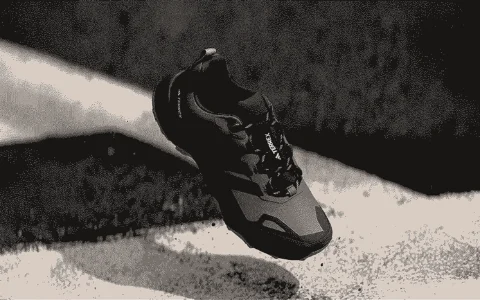Steve Johnson is the new green savior in Santiago de Chile.
Maybe you have seen a small group of people walking through Parque Forestal, Plaza Italia or Cerro San Cristobal picking up garbage. They do not have uniforms on, so that means they are not employed by the municipality. Rather they are volunteers united by a single purpose to clean up Santiago’s parks. The project is called «Operación: Parques verdes» and it is the creation of Steve Johnson from Michigan. Steve has been in Chile for just a few months but already he is doing his part to contribute to the community. POUSTA talked with him about his initiative.

Where did the idea come from?
The idea came into my head as I was walking up Cerro San Cristóbal with a friend. The amount of trash on the side of the main paths was significant. I had been trying to volunteer my time with other organizations over the weekends, but none of them were receptive to my offer. I decided to start my own initiative to clean the parks.
Is this something that you had done in the US before?
I had never cleaned parks in the states before. I had sometimes brought a groceries bag along with me on hikes to pick up loose trash, but nothing on this scale. The parks in Santiago are enormous and filled with trash.

Whey do you think the parks are so dirty?
This is a complicated question, and being an foreigner I can only speculate. One reason may be that there aren’t sufficient trash bins within the park (some parks have more than others), and that people don’t want to walk with their trash to put it where it belongs. Initially, I did not think there were enough funds allocated for the upkeep of these areas. I was then told that contracts among companies to clean parks are very competitive, and that the city provides a large amount of money for their upkeep. The root of the problem (in my opinion) is that there is a cultural problem of littering in Santiago. Everyone does it. Children watch their parents litter and learn from them that it is acceptable and that maybe it’s someone else’s job to pick it up. This last theory would make the first two irrelevant. If we all just threw are trash in the garbage the city would be full of pristine parks (and streets).
Unfortunately, we know that once we clean a park it is more than likely by the following week it will be dirty again. What we are trying to do is make people aware of how they can participate in our project simply by picking up after themselves. We hope that when people see us cleaning up the park, they will recognize we are volunteering out time to make their living space more enjoyable. This may lead them to think twice before throwing their trash on the ground (or wherever) and hopefully pass that message on to others.
 What is the reaction from the public?
What is the reaction from the public?
The reaction from the public has been minimal but positive. Mostly people stare at us and wonder who we are and what we are doing. Others thank us and hand us the trash they have. Some ask us what we are doing, and we try to explain to them that we are volunteering our time to make the city a cleaner place to enjoy. We encourage them to like our page and participate if they would like. Many people we talk to love the idea, and we hope that this encourages them to live the lifestyle of picking up after themselves, or even participating in the clean-up.

How often do you organize a park cleaning?
We organize a park cleaning once a month. It falls on the last Sunday of every month in the afternoon (usually from 12:00-15:00). The park is determined two weeks in advance and is posted on the Facebook page.
How can one participate?
All one needs to do to get involved is show up to our events. Gloves and trash bags are provided. They can like and follow our page on Facebook to keep track of our events. If they want to get involved further, they can share our page with those who they think would be interested in participating.

What does the future look like for OPV?
In the future, once we have a few more people involved, we may tackle large parks in the city such as Parque O’higgins, and we may go back to Cerro San Cristóbal because it’s quite possible it is dirty again even though we gave it a pretty thorough cleaning two months ago. The plan is to keep cleaning; we will eventually take suggestions from our participants and broaden our range within the Santiago Metropolitan Area.



































































